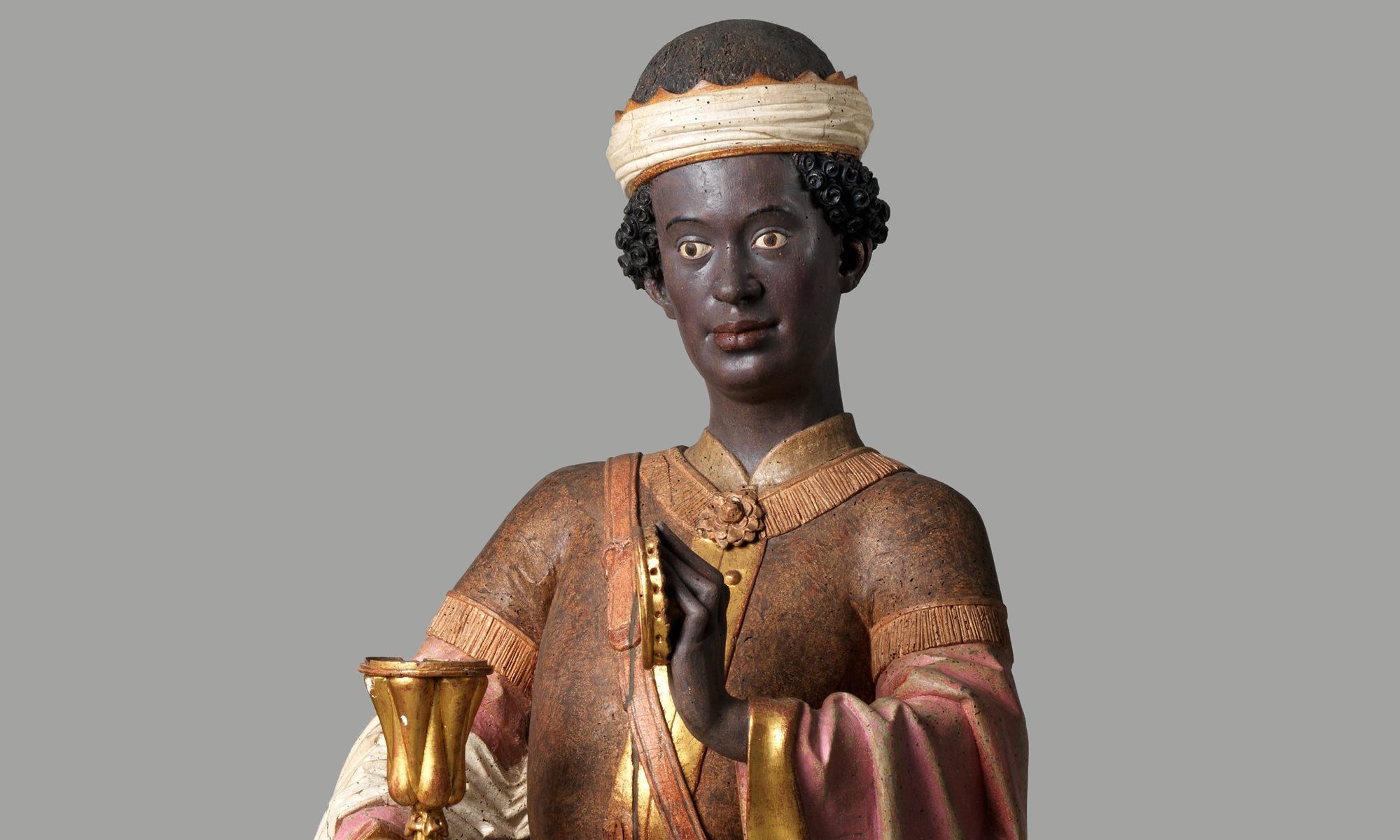Just over a year ago, Medievalists of Color posted a statement of solidarity with our Jewish colleagues. The rising anti-Semitism it discusses in the wake of the presidential election has only intensified, and horrifyingly so on October 27, 2018. Medievalists of Color would like to re-post our statement in the hope that the solidarity it offers might be any source of comfort right now to anyone who needs it.
SOLIDARITY WITH OUR JEWISH COLLEAGUES
September 7, 2017
Medievalists of Color stands in support of our Jewish colleagues who face the rising tide of anti-Semitic rhetoric and violence we have witnessed since 2016 and especially during the events in Charlottesville on August 12-13, 2017. As medievalists, we know that anti-Semitism, especially when rooted in white supremacist politics, is always a form of racialized “othering,” and is often enacted through “dog whistle” rhetoric that, while unrecognizable to some, is in fact a potent call to violence for white supremacists and poses a threat to vulnerable communities. This matter is central to our field for two distinct reasons: because medieval history is inseparable from the history of anti-Semitism, and because of the vital importance of Jewish scholars to the discipline of medieval studies. The anti-Semitism on display in Charlottesville, with neo-Nazis and sympathizers chanting “blood and soil” and “Jews will not replace us,” deliberately evoked “medieval” imagery in ways that our field must recognize, address, and oppose.
We are also aware that many of our white-identifying and white-passing Jewish colleagues are currently struggling to find and build communities of support within medieval studies, as they are often considered white by many but are seen as non-white by white supremacist structures, both inside and outside the academy. The difficulty finding support may hit harder those of our colleagues who are also members of other marginalized groups such as the LGBTQI2 community, are new to the profession, are in precarious academic posts, or are the “lone medievalist” at their institution, but no amount of professional success or perceived privilege is a bulwark against the threats Jewish scholars are currently facing. In The Washington Post, Yair Rosenberg recently argued that debates about the whiteness of Jewish Americans, specifically, are “beside the point” because “white supremacists have already made their decision.” Phoebe Maltz Bovy, writing for the New Republic, takes a slightly different approach, arguing that most Jewish Americans are white, but that we must acknowledge that “neither socioeconomic privilege nor white privilege guard against anti-Semitism,” which is “a specific form of bigotry, rooted less in a sense of Jewish inferiority, than in just-as-warped beliefs of Jewish superiority.” These debates will, no doubt, continue to take place within Jewish communities and among their allies. Nonetheless, we must recognize that the current threats against our Jewish colleagues—whether they consider themselves white, white-passing, or Jews of color—are very real. As medievalists, we are trained to ask and consider difficult questions about anti-Semitism and the ways in which it has persisted in our institutions and our cultures. We are also well prepared to fight against it.
As our field continues to grapple with the frequent representations of the Middle Ages in racist and anti-Semitic discourses and violence, and as those of us in the United States continue to fight the racism and anti-Semitism that have been given a voice and a megaphone by our current administration, we affirm our solidarity with our Jewish colleagues: we recognize the threats against you, we see and share your fear, and we will stand with you.
For more resources and support, consider following the “In the Middle” blog, joining the “In the Middle” group on Facebook, or the Intersectional Medieval Studies Coalition on Facebook.
